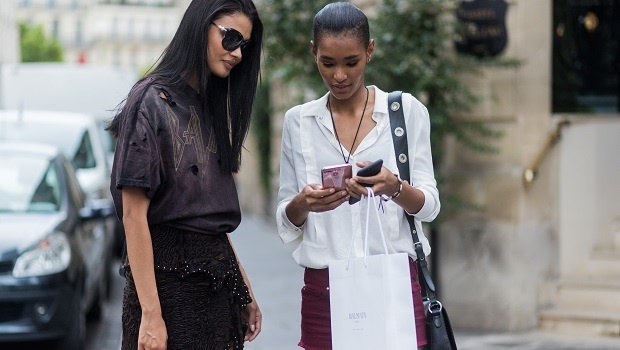
Sharing your vacation pictures is much easier with the rise of social media but the reasons people share their pictures differ. The 10th Annual 2018 Vacation Confidence Index conducted by Allianz Global Assistance, which surveyed 1005 people in the U.S. found that 37% of millennials post deceptive vacation pictures on their social media reported Americajr.com.
What exactly do they mean by deceptive? This includes posting images
- that make their vacations look better than reality
- after the vacation to make it look like they are still on holiday even though they had returned a long time ago
One of the major reasons millennials posted these snaps was that they wanted to make the friends or family members jealous.
Pop culture expert Nicola Cooper says it may be because, "Social media is a competitive space for millennials and they are more engaged with brands and purchasing in these spaces, in order to cut through the noise or to stand out, gain likes or followers. Millennials are feeling the pressure to one up or to stand out."
In the survey, some people also indicated that they posted their vacation pictures on social media networks because they were trying to compete with other people who also posted images from their previous holidays.
READ MORE: By 2022 you’ll be able to holiday in space for a mere R134 million
Nicola explains that another reason may be that posting your travel pictures on Instagram for example has become a symbol of status or aspiration and that "millennials are feeling a different societal pressure to “keeping up with the Jones’".
If we look at how social media is structured, Nicola says that it is more about "a curated or augmented life rather than reality" and people are more concerned with what looks good and not what it actually looks like. And the growing trend of lying about your travels could also be linked to, "the pressure to have a more exciting feed, more likes, more followers" which has also lead people to purchase followers or likes and deceptive images - these are only a few components of the augmented reality of social explains Nicola.
READ MORE: Would you choose a 'jail' as a getaway retreat?
In her line of work Nicola explains that she often encounters people who are willing to elevate their narrative, "this includes increasing monthly expenditures to appear wealthier." Nicola explains that its generally it is the younger, millennials who exaggerate compared to both older and younger generations.
"Millennials' engagement with social media is unique comparative to Gen X or Z and we have to factor these elements in. Social networks are an extraordinarily important part of millennials’ digital lives, in part because social networks have become much more than a way to connect about personal matters," Nicola elaborates further and this is also illustrated in the results from the survey conducted by Allianz Global Assistance. Below are a few of the results:




 Publications
Publications
 Partners
Partners











